didrocks
on 6 April 2017
Fresh Snaps from March 2017
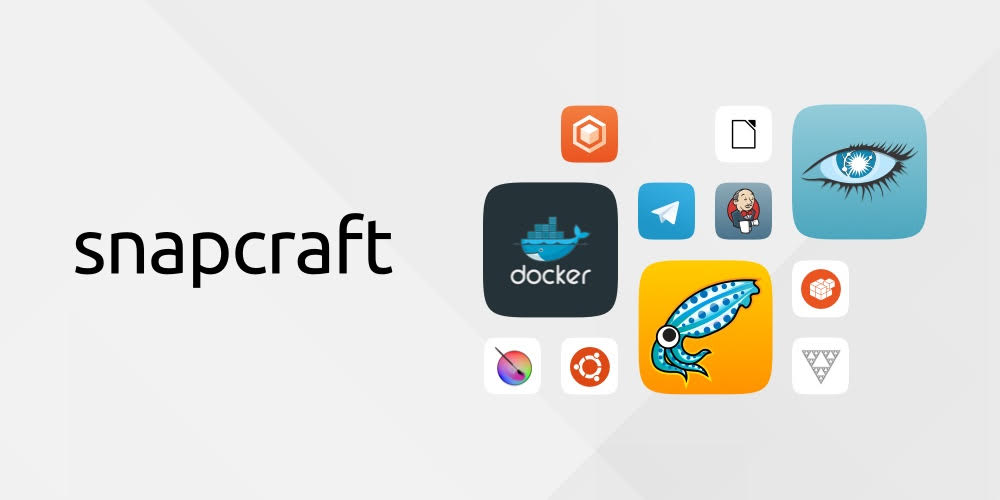
It’s that time of the month! We’ve put together a selection of top ten snaps written in March ranging from snapping an electron app through to a simple screen recorder!
To recap for those that may not know, snaps are a new way for developers to package their apps, bringing with it many advantages over the more traditional package formats such as .deb, .rpm, and others. They are secure, isolated and allow apps to be rolled back should an issue occur. Snaps really are the future of Linux application packaging. Check out the top ten snaps below!
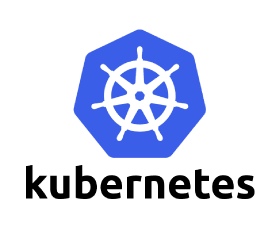 |
1. Kubernetes A great suite of Kubernetes tools and components are now available as snaps:
Kubectl: A command line interface for running commands against Kubernetes clusters. Kubelet: The primary “node agent” that runs on each node. The kubelet works in terms of a PodSpec. Kube-proxy: The Kubernetes network proxy runs on each node. Kube-scheduler: A command line interface for running commands against Kubernetes clusters. |
 |
2. Deepin-music A deepin-music snap application used to play music – with brilliant and tweakful UI Deepin-UI based. For those users who like to use the Deepin-UI, this snap provides a way for them to use the app on Ubuntu platform and other platforms. |
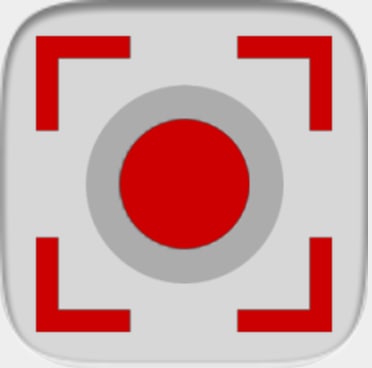 |
3. Simplescreenrecorder A simple screen recorder snap used to record the computer screen. It has hotkeys that you can use to start and stop recording the computer screen. |
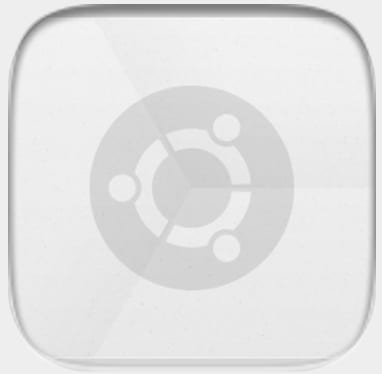 |
4. Snappy-discover Zeroconf is used to discover devices advertising a ssh service with and additional txt-record that identifies the OS as Ubuntu Core. |
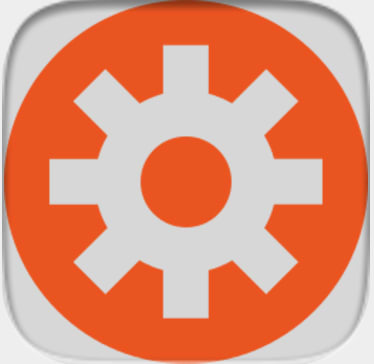 |
5. Ubuntu Make Ubuntu Make provides a set of functionality to set-up, maintain and personalize your developer environment easily. |
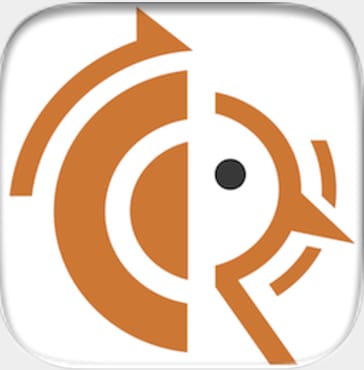 |
6. Free-range-routing A free software which manages TCP/IP based routing protocols.It supports BGP4, BGP4+, OSPFv2, OSPFv3, IS-IS, RIPv1, RIPv2, RIPng and PIM as well as the IPv6 versions of these. |
 |
7. Openfortivpn Client for PPP+SSL VPN tunnel services openfortivpn is a client for PPP+SSL VPN tunnel services. It spawns a pppd process and operates the communication between the gateway and this process. |
 |
8. Gopkg Daemon that runs gopkg.in |
 |
9. Git-repo Repo is a tool built on top of Git. Repo helps manage many Git repositories, does the uploads to revision control systems, and automates parts of the development workflow. Repo is not meant to replace Git, only to make it easier to work with Git. |
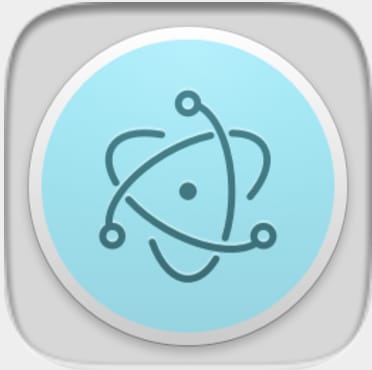 |
10. Electron-quick-start A minimal Electron application: good for new snappers to learn how to snap electron apps! |
Happy snapping! You can learn more about snaps and snapcraft here.


